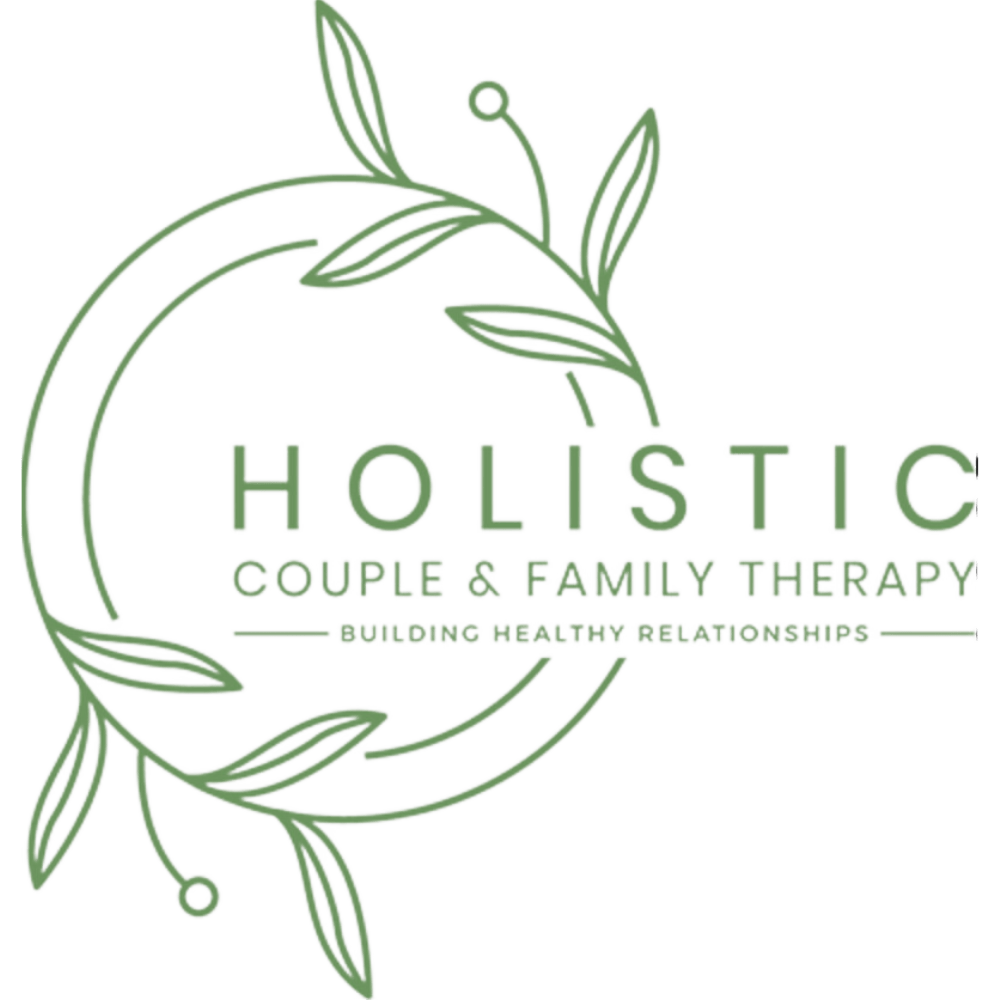Are you curious about the concept of Ethical Non-Monogamy (ENM) or wondering what it means to be an ENM couple? In a world where traditional monogamous relationships are no longer the only model, ENM offers a refreshing perspective for those seeking alternative ways to connect and grow with their partners. Whether you’re considering swinging, polyamory, or an open relationship, this guide from Holistic Couple & Family Therapy will help you navigate this exciting yet complex lifestyle choice.
What is an ENM Couple?
An ENM couple practices Ethical Non-Monogamy, meaning they engage in relationships that involve multiple partners while maintaining honesty, consent, and mutual agreement. ENM emphasizes openness and communication, ensuring all parties are informed and comfortable with the arrangement. Unlike traditional monogamy, ENM allows couples to redefine their relationships based on their unique needs and values.
Is ENM the Same as Swinging?
While swinging is one form of ENM, the two are not the same. Swinging usually involves couples engaging in consensual sexual activities with others, often in structured environments like parties or clubs, and it typically focuses on physical intimacy rather than emotional connections. ENM, on the other hand, encompasses a broader spectrum of relationship dynamics, including swinging, polyamory, open relationships, and more.
Are ENM and Poly the Same?
No, ENM and polyamory are not the same, though polyamory is a subset of ENM. Polyamory focuses on forming deep, loving, and often romantic relationships with multiple partners. It emphasizes emotional and romantic intimacy, and many polyamorous individuals do not adhere to traditional relationship hierarchies. ENM is a broader term that includes polyamory, swinging, open relationships, and other forms of consensual non-monogamy.
What is the Difference Between ENM and CNM?
Ethical Non-Monogamy (ENM) and Consensual Non-Monogamy (CNM) are often used interchangeably, but there’s a subtle distinction. CNM refers to any consensual arrangement involving non-monogamy, whereas ENM specifically highlights the ethical framework of transparency, honesty, and agreed-upon rules. ENM ensures that all actions align with the values and boundaries established by everyone involved.
Examples of ENM
Some common forms of ENM include:
- Swinging: Focused on consensual sexual activities with others, often in organized settings.
- Polyamory: Prioritizes emotional and romantic connections with multiple people.
- Open Relationships: A primary partnership that allows for sexual or romantic exploration with others, based on mutually agreed boundaries.
The terminology and practices in ENM are constantly evolving, and resources like the More Than Two Glossary are invaluable for understanding the nuances.
Why Choose ENM?
Couples may consider ENM for various reasons, including:
- Fulfillment of Needs: ENM allows individuals to explore aspects of their personalities and desires that might not be fully met in a monogamous partnership.
- Greater Autonomy: It provides space for individuality while maintaining strong connections.
- Sexual Diversity: ENM offers opportunities for sexual exploration and variety within agreed-upon boundaries.
- Emotional Growth: The open communication required in ENM fosters trust and emotional maturity, creating deeper bonds between partners.
Addressing Jealousy and Embracing Compersion
Jealousy is a natural emotion that many ENM couples face. In the ENM community, these feelings are openly acknowledged and addressed through honest communication and emotional support. The flip side of jealousy is compersion—the joy one feels when their partner is happy and fulfilled, even with someone else. This concept reflects the deep emotional growth and trust that can arise in ENM relationships.
Attachment Styles and ENM
Attachment theory can influence how people approach ENM. Individuals with avoidant attachment styles may appreciate the independence that ENM allows, while those with anxious attachment styles might find it more challenging due to concerns about security and stability. Understanding your attachment style and discussing it with your partner is essential for navigating ENM successfully.
How to Get Started as an ENM Couple
Starting an ENM journey requires preparation, introspection, and communication. Here are some steps to consider:
- Assess Your Motivations: Why do you want to explore ENM? Are your goals aligned with your partner’s?
- Create a Relationship Agreement: A detailed relationship agreement helps establish boundaries, expectations, and rules to prevent misunderstandings.
- Educate Yourself: Read books, listen to podcasts, and engage with ENM communities to learn from others’ experiences.
- Be Ready to Communicate: Regular, honest communication is the cornerstone of a successful ENM relationship.
How Holistic Couple & Family Therapy Can Help
Exploring ENM as a couple can be an exciting but complex process. At Holistic Couple & Family Therapy, we specialize in helping couples navigate this journey. We offer:
- Psychoeducation: Learn the dynamics and expectations of ENM relationships.
- Support in Addressing Challenges: Navigate common issues like jealousy, attachment concerns, and communication breakdowns.
- Relationship Agreements: Work with us to develop a clear, tailored relationship contract that aligns with your values and goals.
Whether you’re just beginning to explore ENM or are looking for support to strengthen your current dynamic, Holistic Couple & Family Therapy is here to help. Contact us today to start your journey toward a more fulfilling and authentic relationship.
If you’re experiencing an emergency, please use the information found here.
Location
8 South Michigan Avenue,
Suite 2300
Chicago, IL 60603

